|
THE COMEDY OF ERRORS by William Shakespeare Thame Players The Players' Theatre, 3 Nelson Street, Thame, OX9 2DP 10-14 July 2018 I'm going to start this review in an unusual way by praising the set designers, Martyn Ross and Doug Taylor, and their team of set builders. The set grabbed the attention of audience members as soon as they entered the auditorium. Here was the market square of the sort of Greek town that many will have visited on a holiday to the Aegean. A taverna, with tables and chairs spread out in the square, a gift shop with an array of beach hats hanging over the door, a town house with a balcony, a large, arched, heavy wooden door - the entrance to a convent, a brothel, and large, irregular flagstones. Before curtain up, the stage was already populated by characters from the play, eating, drinking and conversing in the square. Clearly a significant amount of time and labour had gone into designing, planning and constructing this intricate urban set and, for me, it counted as one of the characters in its own right, deserving of a separate curtain call. The Comedy of Errors is one of Shakespeare's funniest comedies, and director Martyn Ross was blessed with a strong cast. We'll come to the principals in a moment, but I must praise Adrian Vickers' performance as the Waiter, which tickled me, and the rest of the audience, all through the play. He had only a few lines, but spent a considerable amount of time on stage, clearing away dirty glasses, rearranging the tables and chairs in his cafe, and observing and eavesdropping on the conversations of the other characters. There was some splendid business and character acting here, and it was a text book example of how to take a relatively small role and make it memorable, sometimes, but not too much, upstaging the actors with speaking roles. As I'm sure you'll know, The Comedy of Errors tells the tale of two sets of twins, separated at birth, who both end up in the same city, unbeknownst to each other. Hilarity ensues. In short, it is the comedy of mistaken identity. I particularly enjoyed the performances of Richard Potts as Antipholus of Syracuse and Richard Roach as his servant Dromio of Syracuse. This is not to take anything away from Andy Dale as Antipholus of Ephesus and Carolyn Ross as Dromio of Ephesus, who both excelled. In fact the cross casting of the second Dromio (with the twin brothers played by male and female performers respectively) had me wondering at first - both Dromios as female, yes, that's consistent, but one of each? But in fact both Richard and Carolyn drew out the characters' clown-like qualities that distracted from this potential issue. It also has to be said that Carolyn very effectively mimicked a male physicality. In other words, great acting. In fact, the physicality of the cast was pretty much spot on throughout the play. The heightened movements and expressions flowed naturally from high energy levels and focus from each performer. Cues were picked up snappily and fluently, and this led to some razor sharp exchanges. Well done to the director for drawing these performances from his cast. Not a little repetitive drilling, I'm guessing, went into achieving this accomplished teamwork. Often amateur productions tend to be low in energy, or dip at various points, but the pace never slackened here. This meant that the slapstick humour, appropriate to this farce, when it came, was a joy to watch. We all enjoyed the arrest of Antipholus of Ephesus by the police officer (Dom Stanway). Handcuffing himself to Antipholus, the incompetent policeman fails to realise that a cafe chair has become entangled in the cuffs, and spends the rest of the scene dragging his prisoner around (or being dragged by him) with annoying chair in tow. And the comic potential was mined assiduously. Full marks to choreographer Tina Hine who gave us a Greek dance routine at the end of the show that had the full cast of 17 weaving between and around each other on a pretty small stage. Tina also deserves praise for the great warmer-upper at the start of the second act with the Waiter then Dromio of Ephesus doing their Zorba the Greek dance to the laughter of the audience. Adrian Vickers shamelessly milked it, and, frankly, why not?
As mentioned at the beginning, this was a strong cast, but special mentions are deserved by Anne Lankester as Antipholus of Ephesus' wife Adriana and Georgina Castle as her sister Luciana. I was also impressed by Tim Shepherd, cast as Balthasar (a Greek Orthodox priest in this production) and Dr Pinch the conjuror and exorcist – another performance with few lines but whose presence was nicely enlarged with some comic business (and a few conjuring tricks). The play was set at some unspecified point in the twentieth century, which gave the wardrobe department plenty of scope and nothing jarred or looked out of place. I liked the military uniform of Duke Solinus (Victor Gaultney), dressed up to appear like the local dictator (although, whisper it softly, this Greek ruler was wearing a Soviet Army hat). The colourful costumes of both Dromios reinforced their clown-like characters and the camel-coloured suits of both Antipholuses made the two quite un-twin-like actors look like brothers. The play was broken into two very asymmetrical acts, the first lasting a mere 35 minutes, followed by a much longer second act. On paper, I'd have blanched at such a division, but actually having the second act longer, against conventional theatrical wisdom, worked out all right. Much of that was down to the momentum of the performance that I've alluded to already. This was my first visit to the Players' Theatre in Thame, and I loved its intimate space which did not feel at all crowded. More than that, I thoroughly enjoyed this production, which was clearly the product of much hard work by all conerned. Photo credit: Thame Players
0 Comments
FLARE PATH by Terence Rattigan Abingdon Drama Club Unicorn Theatre, Checker Walk, Abingdon, OX14 3HZ 4-7 July 2018 Wartime usually produces a heightened loyalty to one's country. Ironically though, it often ends up undermining other loyalties in the process. Loyalty to one's spouse is one such. Terence Rattigan's superbly crafted World War II drama, written in 1942, examines the fragile, changing affections of actress Patricia Warren (Laura King) towards her new husband Flight Lieutenant Teddy Graham (Dave Cassar) and her lover screen star Peter Kyle (John Hawkins). Pat has hastily married Teddy on the rebound from the suave but already-married Kyle, but almost instantly regrets it. When Kyle arrives at a hotel near Teddy's aerodrome, now divorced, Pat seems on the verge of leaving her new husband and running off with the film star. Yet Kyle's attitude towards love is tainted with a selfish neediness and he sees his intended marriage to Pat as something with which to fix his life. His acting career as a romantic lead is waning (he has turned 40) and he needs Pat to shore up his ego. Pat is willing to go along with the plan and escape her boring, young and naïve husband who displays a stiff upper lip and refuses to open up to his new wife. By contrast the emotional and passionate Peter Kyle seems like the antidote. But the war comes to the rescue, so to speak. Teddy and his crew go on a particularly risky bombing mission and he pilots the plane back to its Lincolnshire base with its tail shot to pieces, having barely escaped with his crew's lives. Teddy's emotional breakdown hours after his return reveals a new side to him that Pat has never glimpsed before. Her husband is no longer the baby-faced boy that she married, but a man with a courage that he does not even fully appreciate himself. He is the polar opposite to Kyle's self-obsessed luvvie. In his vulnerability he has revealed a bravery and nobility that wins Pat's heart, and she chooses to stay with him and reject Kyle.
Rattigan has given us a wonderful study of how war affects people – airmen, their wives and lovers, and those around them. The three principal players (John Hawkins, Laura King and Dave Cassar) gave us some beautifully judged performances that expressed the inner conflict of their characters as part of a wider military one. A touching sub-plot involved the relationship of local girl Doris (Maria Crocker) who had married Count Skriczevinsky (Zoltan Kollo), a pilot serving with the Free Polish Air Force. Pat and Kyle view the marriage as a case of a naïve girl being cynically deceived by a serviceman away from his home, and predict Doris' being cast off at the end of the war. But their cynicism is proved wrong and the warmth and affection between Doris and the Count proved one of the most touching strands in the play. Tony Green gave us a down-to-earth version of Sergeant 'Dusty' Miller, Teddy's trigger-happy rear gunner (willing to shoot at trains when there aren't any German planes around). Dusty's relationship with his wife Maudie (Louise King) is functional and matter of fact. They argue and worry and grumble. They are free from the romantic pretensions of Kyle and Pat and the actual romance of Doris and the Count. Their relationship has acquired that transactional character of many mid-life marriages, with love still visible if you dig deep enough. These were both believable performances by the actors that avoided drifting into cliché. Away from the couples I enjoyed the supporting roles presented to us by Terry Atkinson as Percy, the young barman who is still slightly more excited about the specifications of the different bombers on the local aerodrome than the human tragedies unfolding over the skies of Germany, and by the ever-dependable Jon Crowley as Squadron Leader Swanson. The play uses a single set, which was well designed and allowed subdivision of the stage area, albeit being a single room. One howler, that I cannot let pass, however, was the use of highlighter fluorescent yellow and pink cushions on the sofa in the residents' lounge. In 1942? Come on now. Lin Crowley presented us with a production that showcased Rattigan's wartime morale booster instead as a deeper study of how war affects people and their relationships. In different hands, perhaps, this could have been played more for laughs, particularly with some of the secondary characters. Thankfully, directorial restraint was the order of the day, and we got something better: a 70-year-old drama that scrubbed up as fresh and relevant now, as when first performed. Photo credit: Abingdon Drama Club |
About the Author
Mike Lord has been involved with amateur theatre for over twenty years, mainly as an actor but also, more recently, as a director. Archives
July 2019
Contact me
Please use the Contact Form for anything apart from comments on blog posts. |
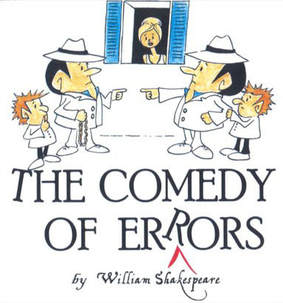
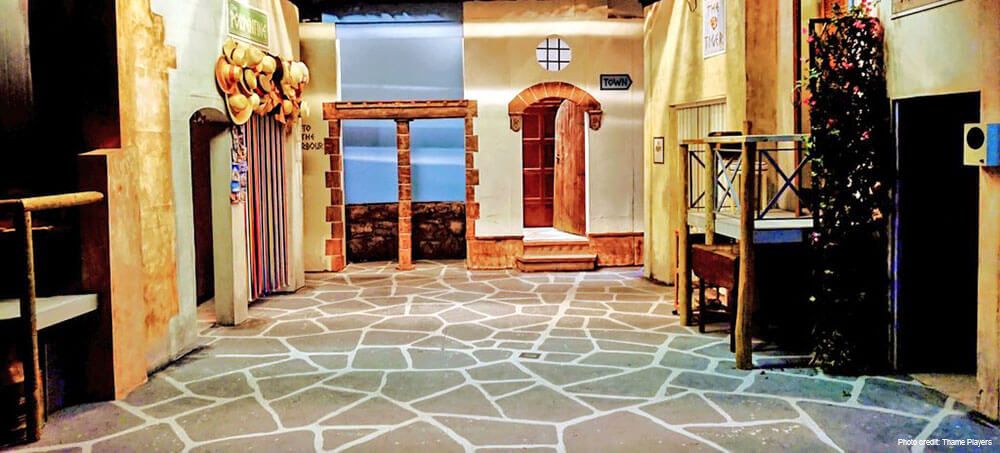
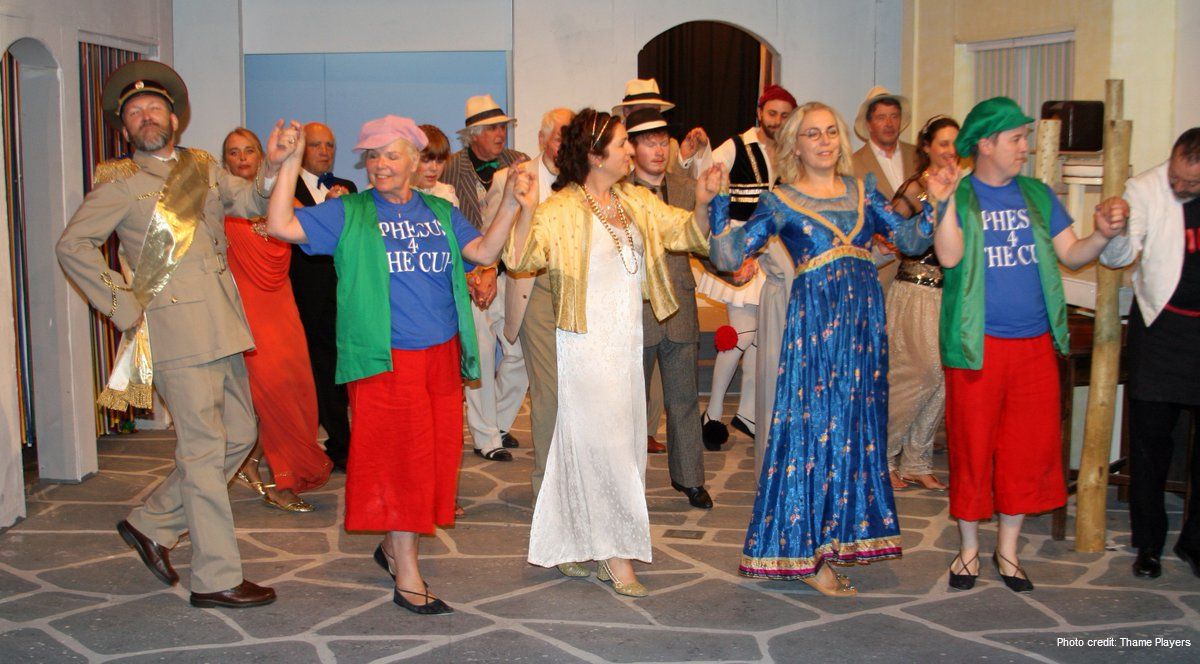
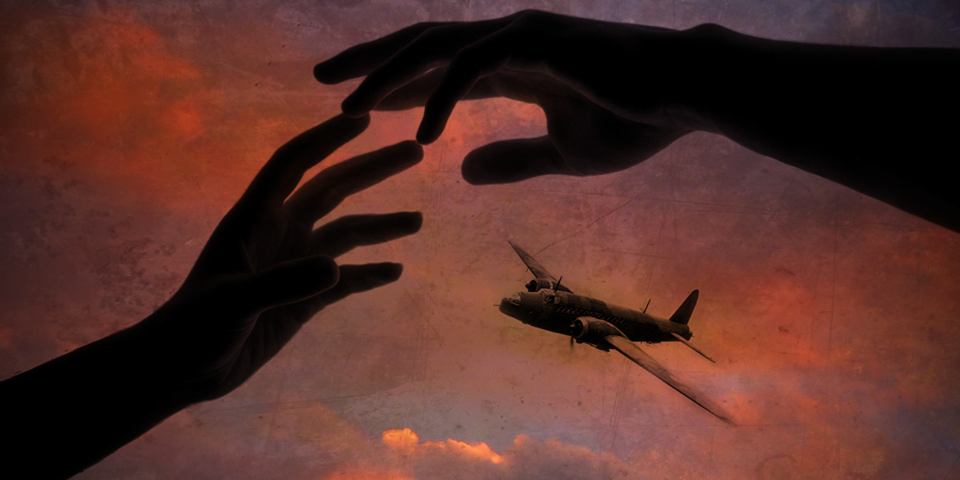
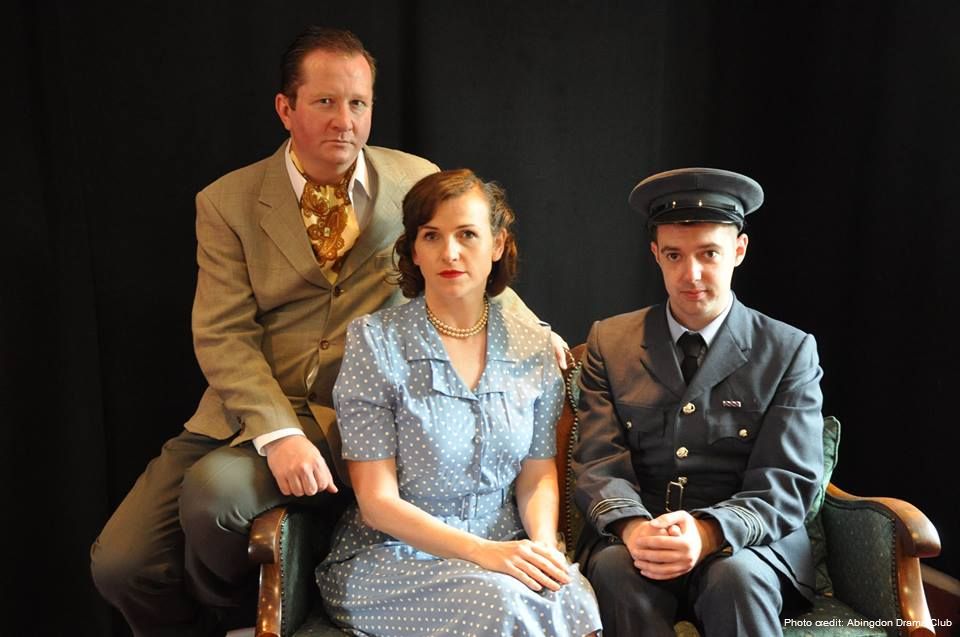
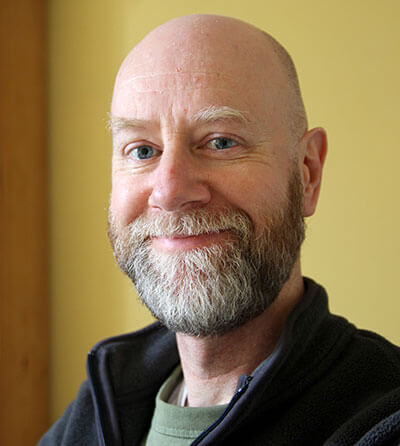
 RSS Feed
RSS Feed
